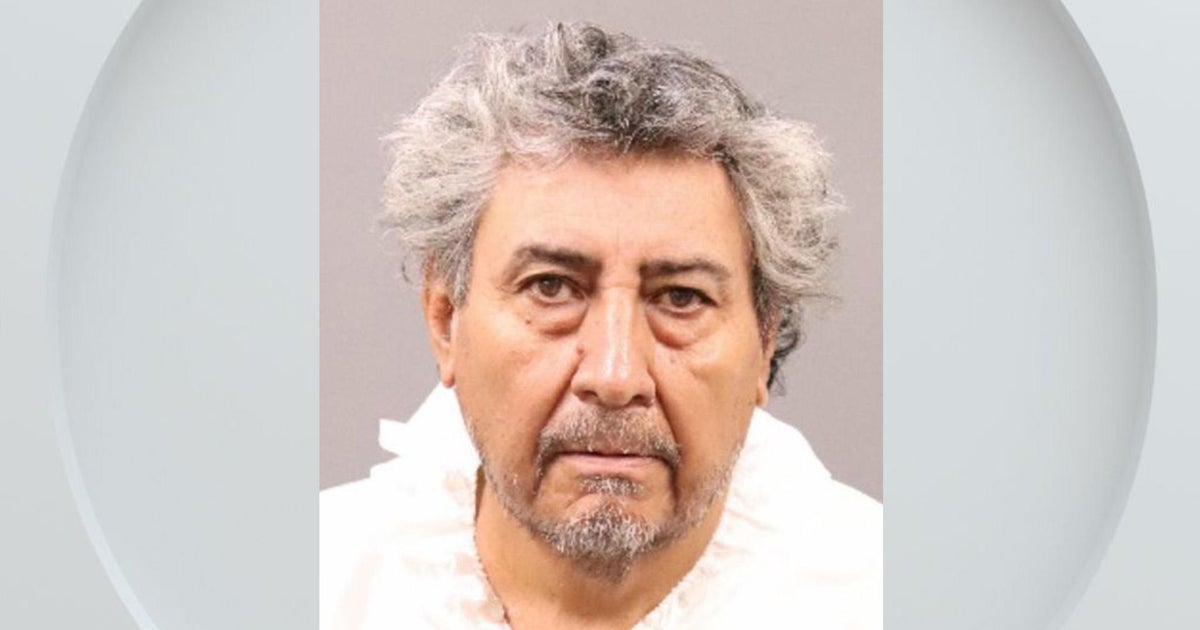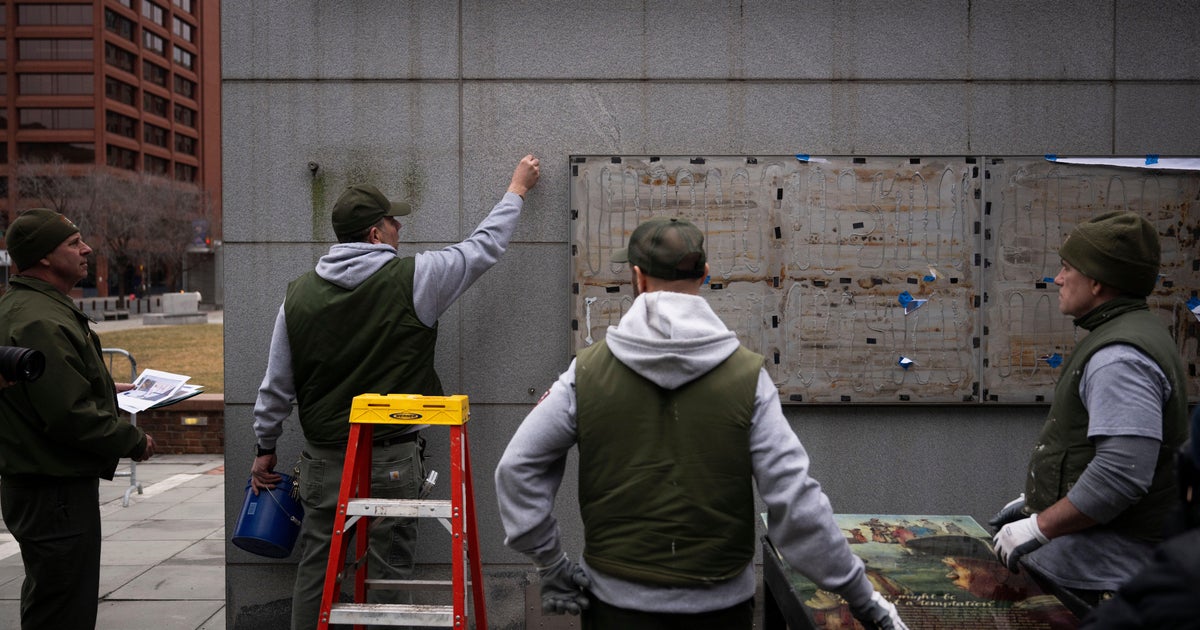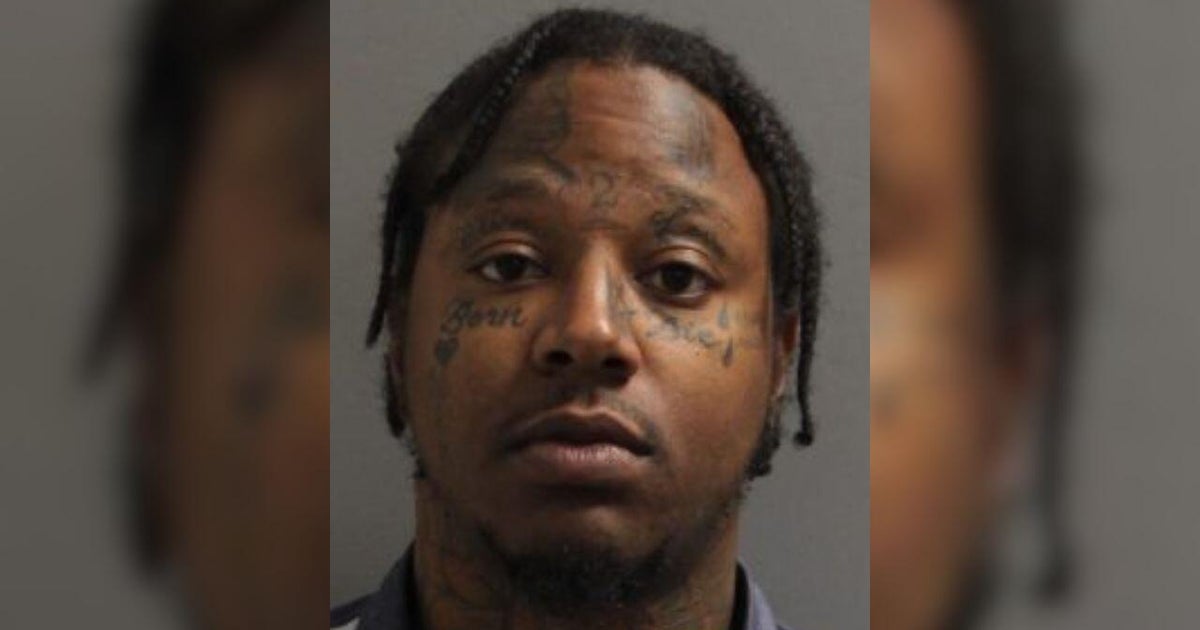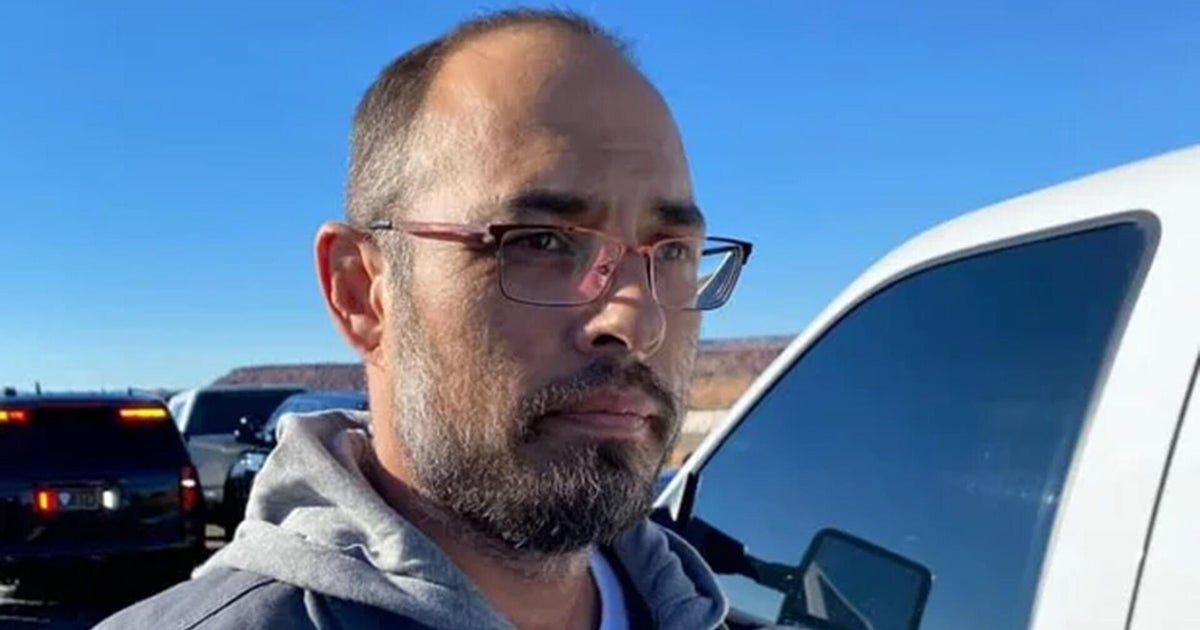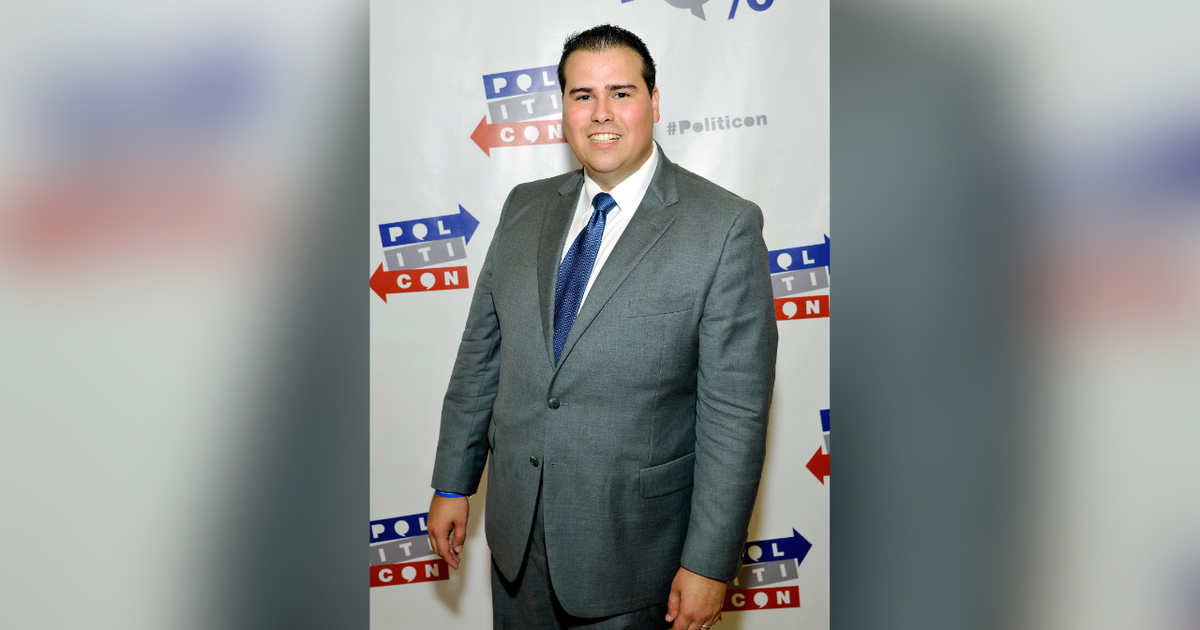Failed Times Sq. Bomber Gets Life In Prison
 A Pakistani immigrant who tried to set off a car bomb in Times Square was sentenced Tuesday to life in prison by a judge who said she hopes he spends time behind bars thinking "carefully about whether the Quran wants you to kill lots of people."
A Pakistani immigrant who tried to set off a car bomb in Times Square was sentenced Tuesday to life in prison by a judge who said she hopes he spends time behind bars thinking "carefully about whether the Quran wants you to kill lots of people."
A defiant Faisal Shahzad smirked as he was given a mandatory life term that, under federal sentencing rules, will keep him behind bars until he dies.
"If I'm given 1,000 lives I will sacrifice them all for the life of Allah," he said at the start of a statement that lasted several minutes. "How can I be judged by a court that does not understand the suffering of my people?"
Shahzad — brought into the Manhattan courtroom in handcuffs and wearing a white skull cap — had instructed his attorney not to speak, and U.S. District Judge Miriam Goldman Cedarbaum told prosecutors she didn't need to hear from them. That left Shahzad and the judge free to spar over his reasoning for giving up his comfortable life in America to train in Pakistan and carry out a potentially deadly attack in the heart of Times Square.
"You appear to be someone who was capable of education and I do hope you will spend some of the time in prison thinking carefully about whether the Quran wants you to kill lots of people," Cedarbaum told Shahzad after she announced his mandatory life sentence.
Shahzad, a 31-year-old former budget analyst from Connecticut who was born in Pakistan, responded that the "Quran gives us the right to defend. And that's all I'm doing."
Afterward, the head of the FBI's New York office, Janice K. Fedarcyk, cited evidence that Shahzad hoped to strike more than once.
"Shahzad built a mobile weapon of mass destruction and hoped and intended that it would kill large numbers of innocent people and planned to do it again two weeks later," Fedarcyk said in a statement. "The sentence imposed today means Shahzad will never pose that threat again."
Calling himself a Muslim solider, a defiant Shahzad pleaded guilty in June to 10 terrorism and weapons counts.
He admitted that the Pakistan Taliban provided him with more than $15,000 and five days of explosives training late last year and early this year, months after he became a U.S. citizen.
For greatest impact, he chose a crowded a section of the city by studying an online streaming video of Times Square, the so-called Crossroads of the World, prosecutors said.
On May 1, he lit the fuse of his crude, homemade bomb packed in a 1993 Nissan Pathfinder, then fled on foot, pausing along the way to listen for the explosion that never came, court papers said.
A street vendor spotted smoke coming from the sport utility vehicle and alerted police, who quickly cleared the area. The bomb attempt set off an intense investigation that culminated two days later with investigators plucking Shahzad off a Dubai-bound plane at a New York airport.
Shahzad has said the Pakistan Taliban provided him with more than $15,000 and five days of explosives training late last year and early this year, months after he became a U.S. citizen.
A few days later, Pakistani authorities arrested three men on charges they helped him meet leaders of the Pakistan Taliban, a militant group based in the northwest of the country that has claimed responsibility for the plot. They also are accused of sending him cash in the United States when he ran short of money.
The men's lawyer says there's no evidence to support the allegations and that the men had been forced to sign confessions. A trial date has yet to be set.
Three other men were detained in the northeastern U.S. on immigration charges in an investigation of an underground money transfer system used by Shahzad, but they were never charged with any crimes.
Prosecutors had introduced a dramatic video of an FBI-staged explosion they said demonstrated how deadly Shahzad's bomb could have been.
The FBI bomb — an identical vehicle fitted with 250 pounds (115 kilograms) of ammonium nitrate and diesel fuel, three 25-pound (11-kilogram) propane tanks and two five-gallon (19-liter) gasoline canisters — blew up with a force that ripped the vehicle in half. The explosion caused a giant fireball that overturned and shredded four other cars parked nearby in an open field, obliterated about a dozen dummies posed as pedestrians and shot fiery debris hundreds of feet in all directions.
"Had the bombing played out as Shahzad had so carefully planned, the lives of numerous residents and visitors of the city would have been lost and countless others would have been forever traumatized," prosecutors wrote in court papers.
At sentencing, Shahzad claimed the FBI's interrogation had violated his rights. He also warned that attacks on Americans will continue until the United States leaves Muslim lands.
"We are only Muslims ... but if you call us terrorists, we are proud terrorists and we will keep on terrorizing you," he said.
He added: "We do not accept your democracy or your freedom because we already have Sharia law and freedom."
The judge cut him off at one point to ask if he had sworn allegiance to the United States when he became an American citizen last year.
"I did swear but I did not mean it," said Shahzad.
"So you took a false oath," the judge told him.
She also reminded him that he was a failed terrorist.
"What you have done here, although happily, the training you sought in making bombs was unsuccessful and you were unsuccessful in your effort to kill many Americans," she said.
Asked by the judge if he had any final words, Shahzad said, "I'm happy with the deal that God has given me."
© MMX, CBS Interactive Inc. All Rights Reserved. This material may not be published, broadcast, rewritten, or redistributed. The Associated Press contributed to this report.
